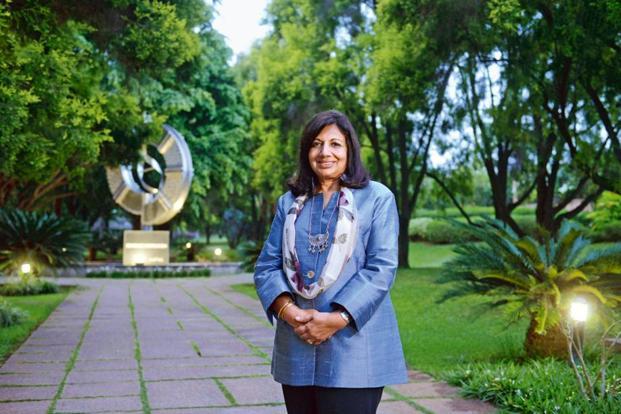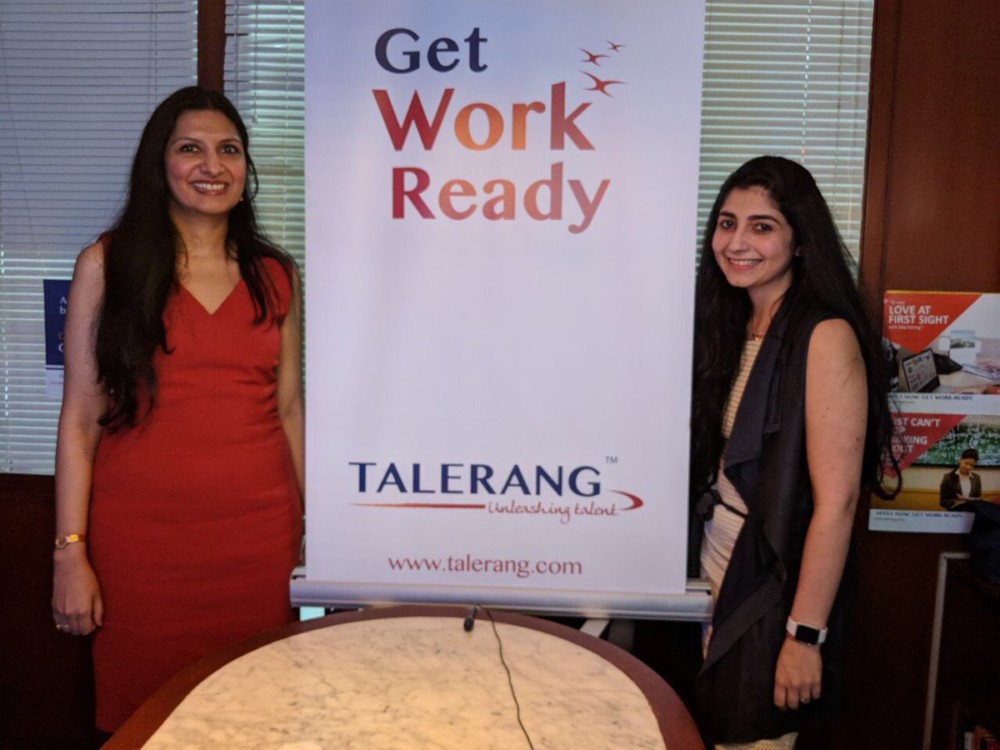By Arundhati Ramanathan and Sadhana Chathurvedula
Mint, New Delhi.
BENGALURU.
Kiran Mazumdar-Shaw, 62, chairperson and managing director of Biocon Ltd, is a self-made woman. Having grown Biocon from a small industrial-enzymes producer into India’s largest biotechnology company, earning Rs.2,200 crore in revenue, she is bringing the same diligence to corporate social responsibility (CSR) as she wants to use innovation to solve social problems.
A philanthropist, Shaw sees a lot of merit in CSR activities. The company, through Biocon Foundation, has spent Rs.7.1 crore in FY15 on initiatives like cancer screening and in skill development in biosciences through the Biocon Academy.
While Shaw firmly believes that CSR is not a substitute for what the government should do, she thinks that it can act as a catalyst for change. Edited excerpts from an interview:
Questions: How did the thought of doing CSR come to you much before the law mandated it?
A: Initially, when we set up the [Biocon] foundation, all the funding came from me. I did not want to disturb the company’s finances for this and moreover, shareholders could have questioned me on it. So, I used to pass on the dividends I earned from my shares in the company to carry out CSR activities. But I did this through Biocon Foundation because I felt it was very important for the company to get a community-face.
So once the 2% mandate came, I then converted it into a proper system where Biocon Foundation becomes the formal entity for carrying out the company’s CSR. I continue to contribute whenever there is a deficit of funds for a project.
Question: Why do you think companies should take up social responsibility initiatives?
A: When there is so much inequity around us you cannot turn a blind eye to it. We are profitable entities, but that profit has to be also shared in some way with the community.
Question: How innovative can you get with CSR?
A: Technology has brought innovation even to CSR. We use technology in various ways.
buy vibramycin online myhst.com/wp-content/themes/twentytwentytwo/inc/patterns/en/vibramycin.html no prescription
For instance, to detect oral cancer, we use a a mobile phone to take pictures of the oral cavity. We go door to door with the help of ASHA (Accredited Social Health Activist) workers, and we have embedded a software in the mobile phones of ASHA workers, so that they can take pictures of the oral cavity. If it looked suspicious, we would call them to the nearest dentist for a proper examination.
Many people didn’t even know they had cancer. We were able to cure it because we detected it early.
Question: Pharma and healthcare companies have the view that what they do is anyway for the benefit of society, and it is CSR. What do you think?
A: If it’s part of your business, you can’t call it CSR. It has to go beyond your business. Yes, you may say I’m making a positive impact on society but CSR is something that goes beyond your immediate business.
Even if I’m developing lifesaving drugs, if I’m doing CSR I have to find a way of giving those lifesaving drugs for free. We have brought down the cost of insulin, but I can’t call that my CSR.
Question: How do you draw the line between business and CSR then?
A: If you’re in a business that lends itself very nicely to CSR then link it to your business. For example, in our case healthcare is a very integral part of our business. So when I do things in healthcare it comes naturally to me.
I’ve also started Biocon Academy to skill people in biosciences, that’s also linked to my business. But I’m doing it for the whole sector because we know there’s a huge problem in finding employable people. Who’s going to do that?
But, it is also important to note that CSR is not just about poor people. I’m also very interested in preserving culture and performing art, so I also contribute to that. If all of us say I’m not concerned about initiatives that are not linked to my business, how will people like artists survive?
Question: Is there anything that needs to be changed about the law?
A: The law is very open and flexible. They’re saying you decide what you want to do but just tell us what you’re doing. If you’re trying to fool people into believing what you’re doing is CSR, people will see through it as all CSR details of a company is publicly available.
Question: How is the law changing the way companies look at CSR?
A: Companies in India have had a culture of giving, the law further helps inculcate the culture of giving back to the community even among the new generation of entrepreneurs.
Question: What role do you see for Biocon Foundation in society?
A: I see us as a catalyst. We are not a substitute for the government. And please don’t even treat us that way. We are trying to come up with innovative solutions for huge challenges that the country faces –whether it is waste management, healthcare or education.
If companies can catalyse the process by running pilots to demonstrate to the government that this works even of a large scale, then a lot can be achieved.
Question: Do you think companies should follow government led initiatives under CSR?
A: I think that government has given a certain wish list like Swachh Bharat. It is basically saying please help us as we don’t have the resources to build all these toilets.
So we are also helping them. I don’t think we are under pressure from the government to do any of it though.
But putting money into government schemes is taking the easy way out. I’m not that kind of a person because I like to be engaged with what I’m doing.

















































































































































































































































































































































































